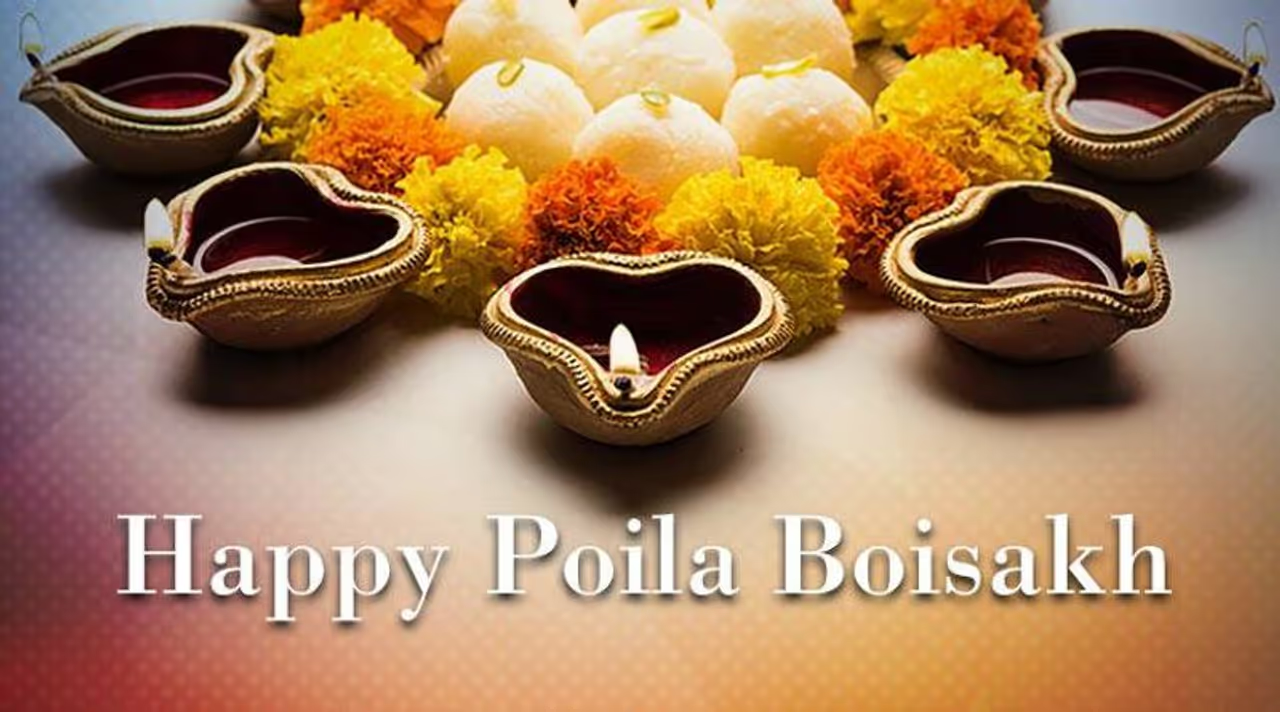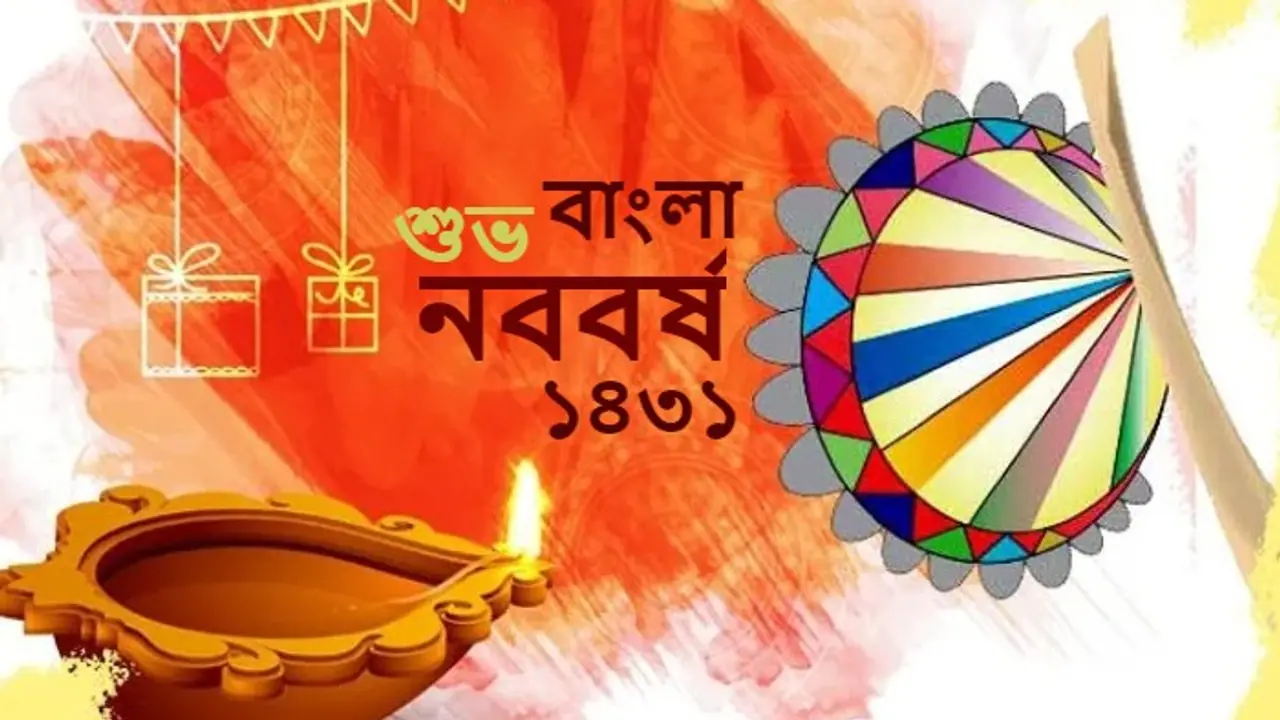Bengali New Year 2024: The celebration of Poila Baishakh, also known as Bengali New Year, is not only centred around West Bengal but also extends to the Bengali communities living in Delhi, Bangalore, Assam, Tripura, and Bangladesh.
Mesha Sankranti, also known as Naba Barsha, Noboborsho, or Poila Baishakh in West Bengal, marks the start of the Bengali Calendar and is hence celebrated as Bengali New Year. This event is not limited to West Bengal, but also includes Bengali populations in Assam, Tripura, and Bangladesh. In Assam, Poila Baishakh is known as Bihu, or Assamese New Year.

It marks the beginning of the Bengali calendar, with Boishakh being the first month. "Poila" or "Pohela" means "first" in Bengali, but "Boishakh" represents the coming of spring. Donning new apparel, visiting temples, and exchanging greetings and sweets are all part of the celebrations. Explore deeper to learn about the lively Bengali New Year celebrations.
Also Read: Vishu 2024: Know why Vishukkani is important on this day

When is the Bengali New Year 2024?
The celebration is honoured on the first day of the Bengali calendar, which is often April 14 or 15. In 2024, Pôhela Boishakh will be celebrated on April 15.
Bengali New Year's History
Thanks to the Mughal Emperor Akbar's efforts, the Bengali calendar rose to popularity in the 15th century. The goal was to streamline and simplify the tax collection procedure. Previously, taxes were imposed according to the Islamic lunar calendar, which did not coincide with the harvest season. As a result, during Akbar's reign, the solar Hindu calendar was implemented to aid tax collection, so establishing the Bengali calendar. The first day of this calendar marked Bengali New Year.
Bengali New Year's Significance
Pôhela Boishakh is very important for Bengalis since it marks the beginning of a new fiscal year. People, both men and women, start their days by visiting temples to ask deities' blessings for a happy year ahead. Dressed in traditional costume, they meet friends and relatives and indulge in the fortunate habit of acquiring gold and silver goods, which represent good fortune.
Also Read: Vishu 2024: How to arrange beautiful and simple Vishu Kani?
How is the Bengali New Year celebrated?
On the eve of the Bengali New Year, worshippers throng to temples in Kalighat, Dakshineswar, and Belur to pray. Families clean and decorate their houses in preparation for the event. Many people start their day with a ritual plunge in the Ganges or other sacred rivers at dawn. Traditional apparel such as kurtas, pyjamas, and sarees are worn, and clothing retailers provide special 'Chaitra Sale' discounts.
Greetings of "Shubho Naboborsho" (Happy New Year) are shared, and reunions with family are usual. Bengali cuisines like chholar dal, radhaballavi, and fish and mutton curry are popular, as are desserts like kaju barfi, rasgulla, and roshomalai. Special cultural events involving Najrulgeeti, Rabindrasangeet, folk music, and dance take place across Bengal and surrounding places. Streets and parks are lighted up with multicoloured lights, and Bengali music fills the air from megaphones put up in neighbourhoods.
